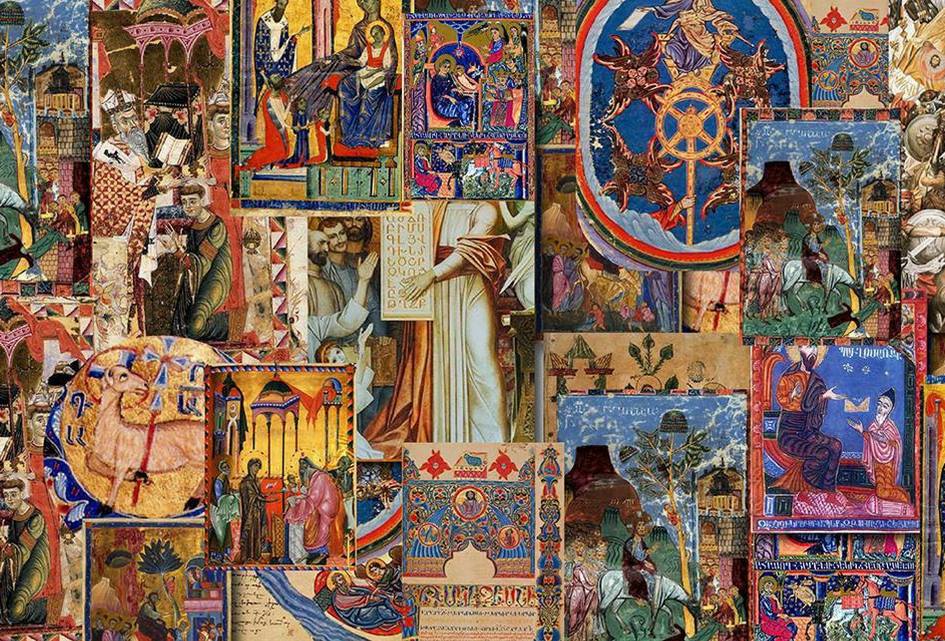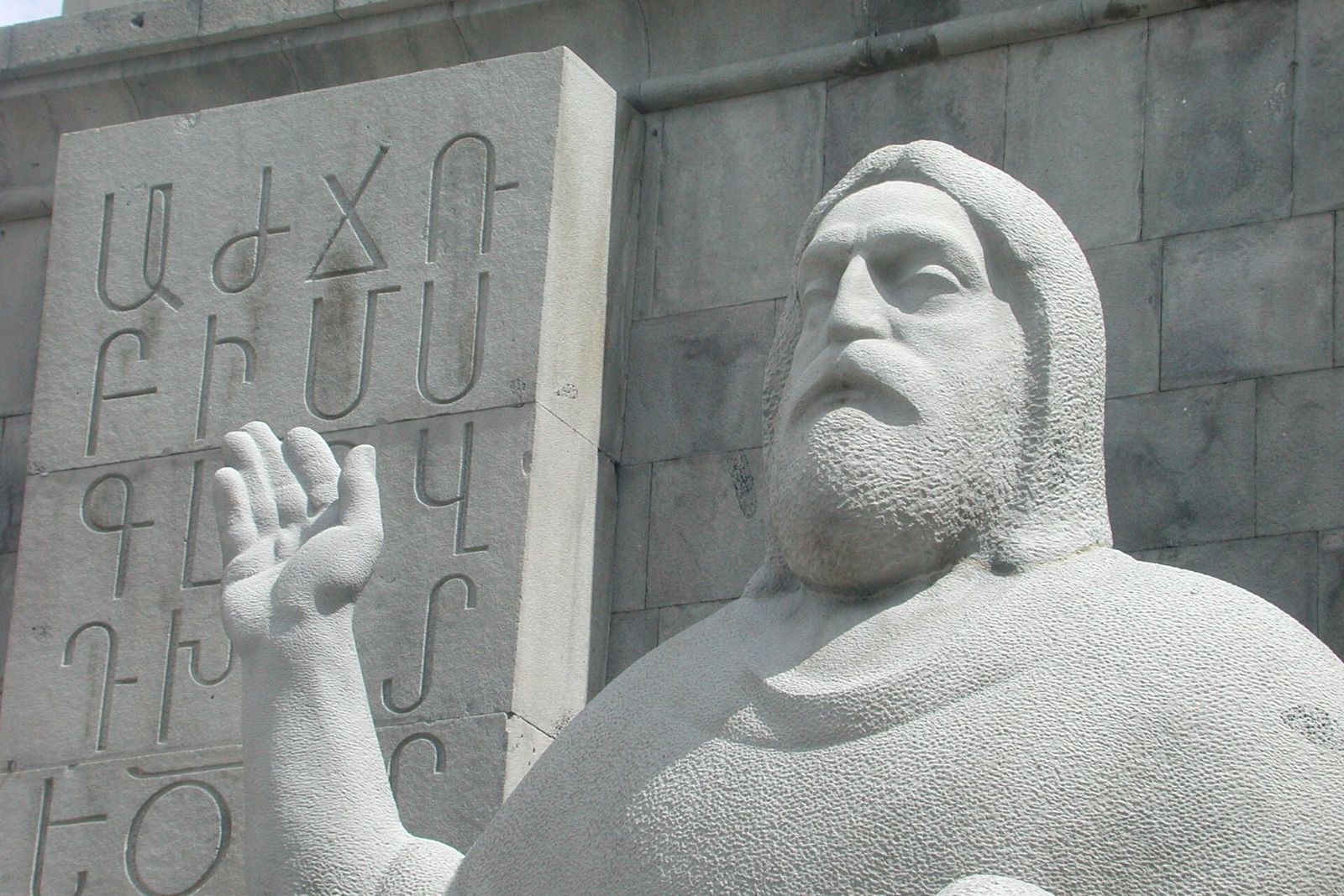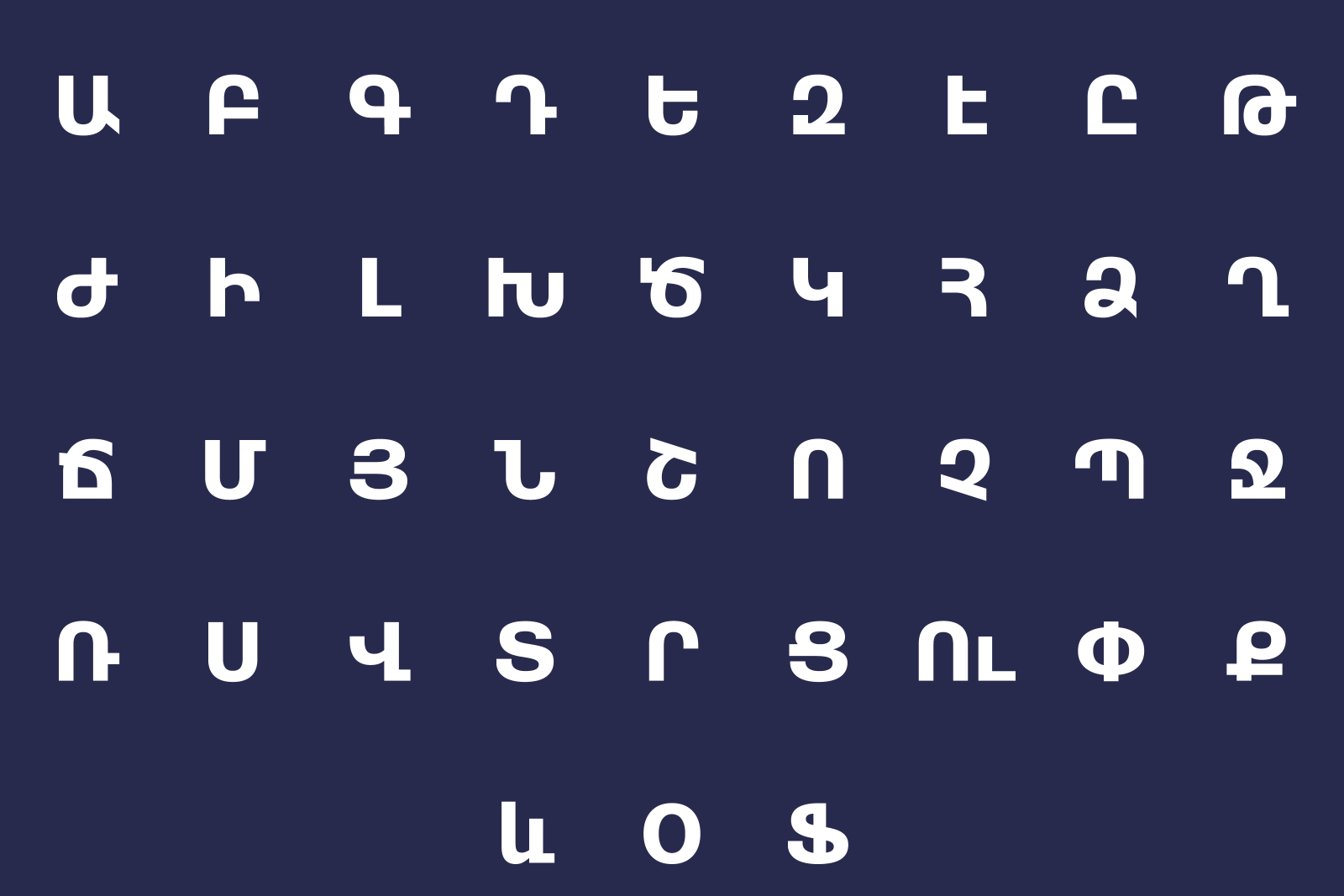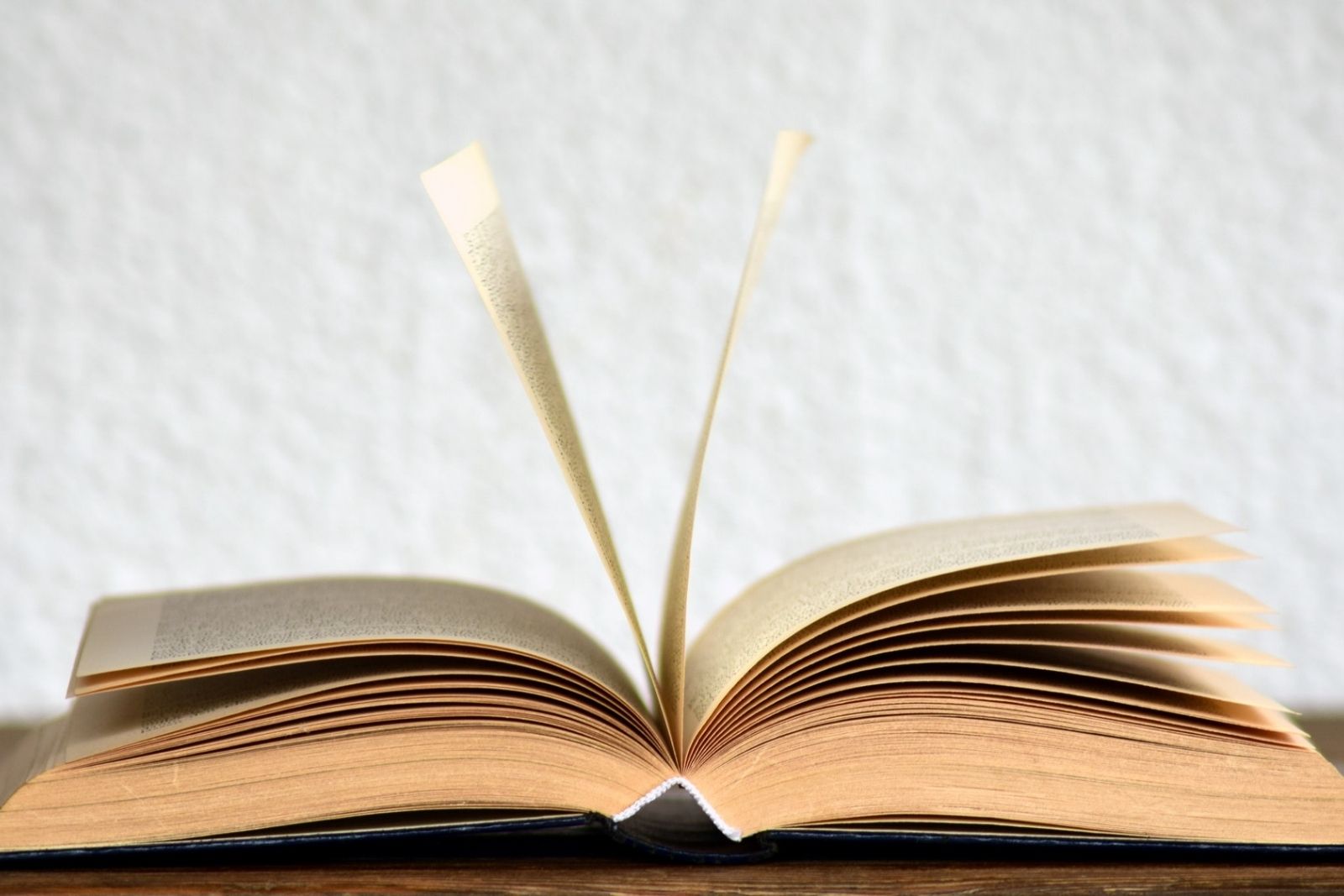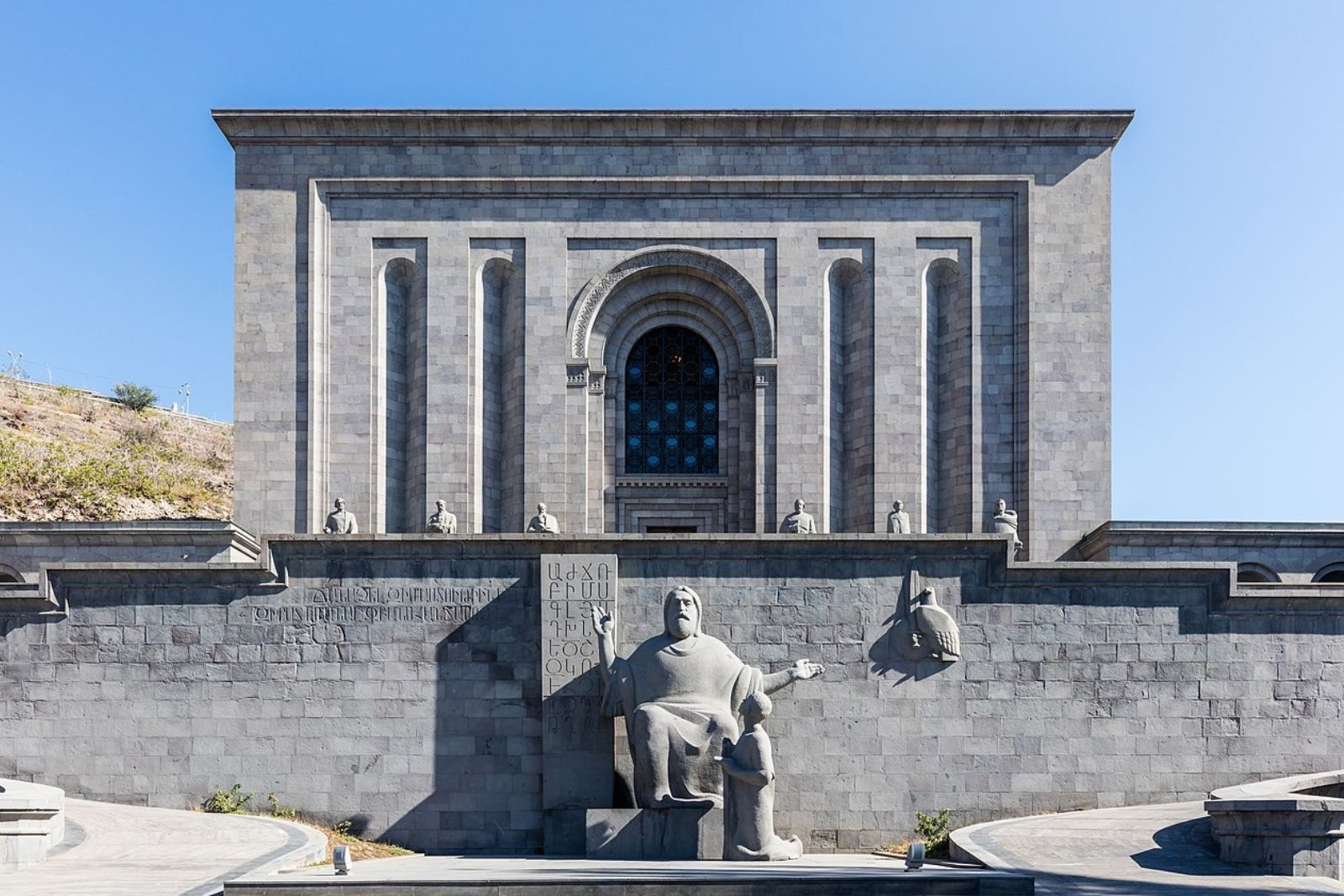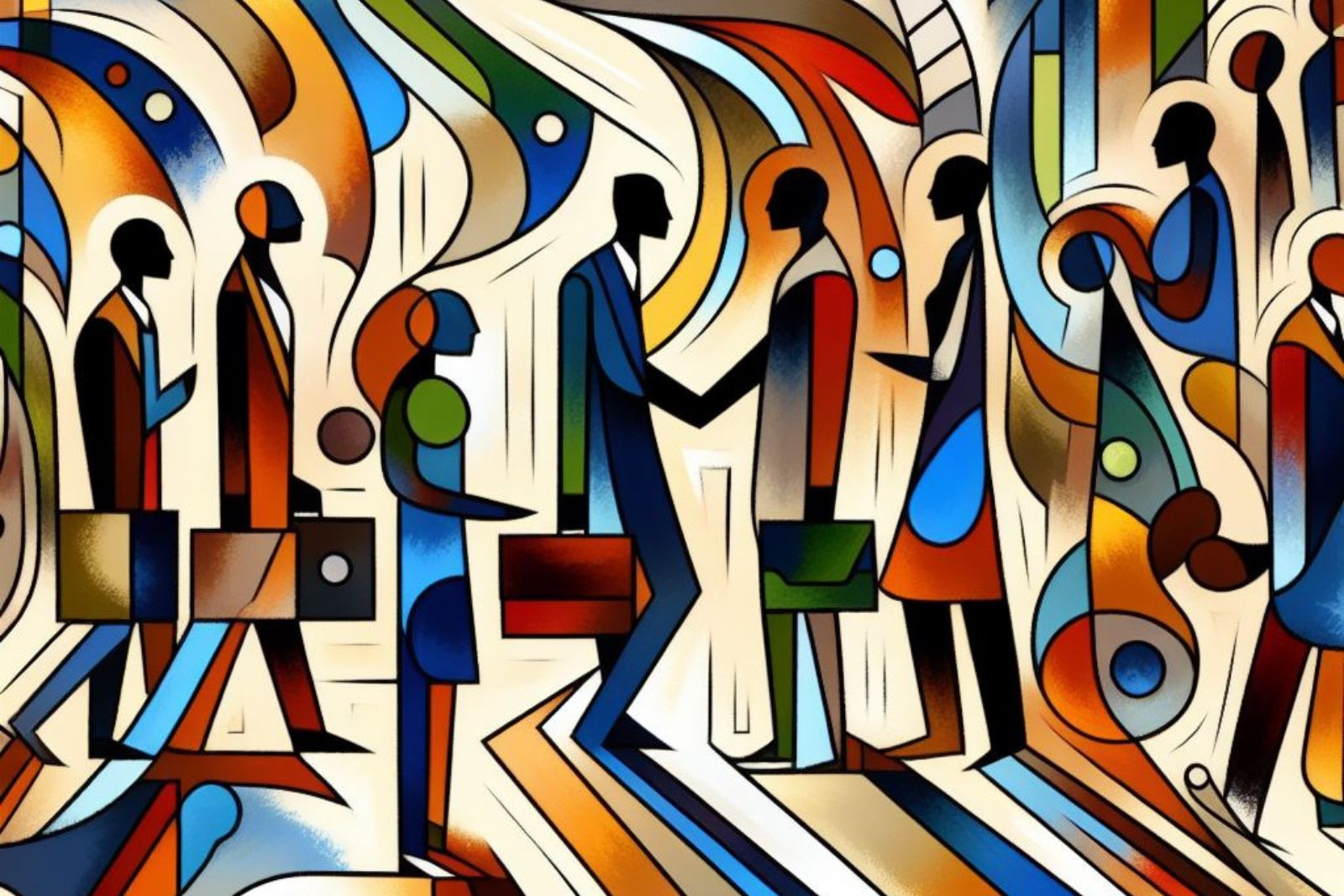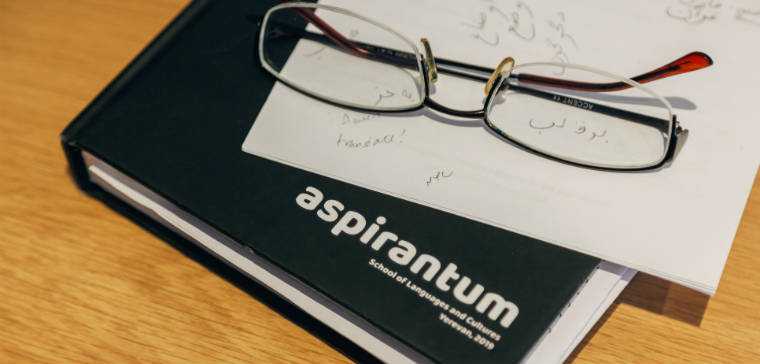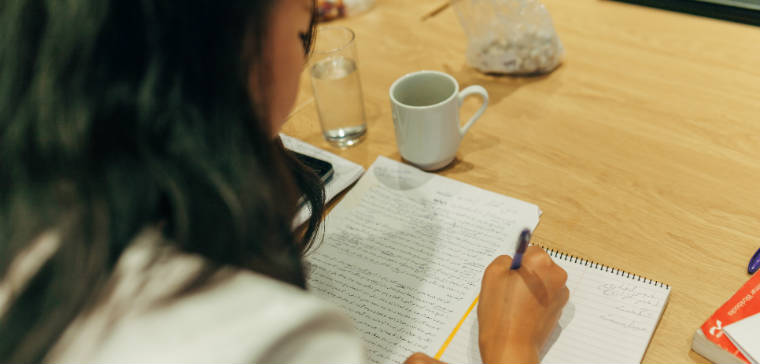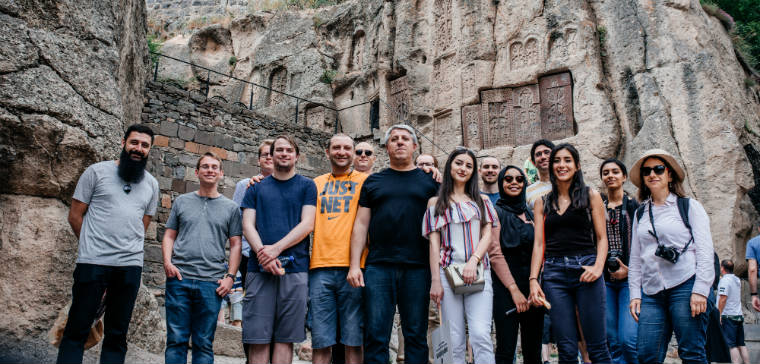People greet each other every day. The way you greet others, the words you use while the greeting is unique in every culture. One might say greeting is a part of the culture. Greeting words and expressions are the first things you say to a fellow human practically everywhere, so it is one of the first expressions you learn while learning a language.
To know how to greet the right way, which words to use, is crucial. Thus, if you are studying Armenian, you might like to know how to greet properly. After all, you would like to make a good impression.
In this article, we will teach how many versions of "Hello" there are in Armenian. And believe me, it is not as simple as it may sound!
In Armenian, there are several ways to greet each other. It depends on many factors, like the atmosphere, time, and social connections.
First, I will give the word in Armenian letters, followed by a Latin-based and academic transcription. Below, I will present the social context of using that particular version of "Hello" and finalize each item with the etymological excursion to the word's history.
1. Ողջույն - Voghjuyn [voġjuyn]
The social context: This word is used in modern Eastern Armenian (mostly spoken in Armenia) both in literary and colloquial language. Most probably, this word is mostly used in an official context rather than in everyday life. Though specific individuals (e.g., learned men, priests, etc.) might prefer using it in their everyday life and social network messaging, it is not the most used version of "Hello" in Armenian.
History and origin: "Voghjuyn" is the oldest preserved version of Armenian "Hello". The word is amply used in classical Armenian literature, starting from the 5th century AD. Thus, it is not surprising to find the word commonly utilized in the works of such classical authors as Koryun or Moses Khorenatsi. You may find an interesting c in the miraculous History of the Armenians authored by Agathangelos (< Gr. ἀγαθάγγελος, 'the messenger of good news') in the 5th century. In the chapter where king Trdat (III) sends a royal edict to the noblemen of Armenia, he commences his letter with the following lines:
Trdat, king of Greater Armenia, to the magnates, the nobles, the princes, in the towns, villages, hamlets, and estates, to the freeman and peasants, to everyone together, greetings (R. Thomson, p. 139).
Old Armenian: Տրդատ արքայ Հայոց մեծաց, առ մեծամեծս եւ առ իշխանս և առ նախարարս յաւանս, ի շէնս, ի գեաւղս, յագարակս, առ ազատս եւ առ շինականս, միանգամայն իսկ առ ամենեսեան, ողջոյն։
Eastern Armenian: Մեծ Հայքի Տրդատ արքայից՝ մեծամեծներին, իշխաններին, նախարարներին ավաններում, շեներում, գյուղերում ու ագարակներում, ազատներին ու շինականներին բոլորին միաժամանակ՝ ողջույն։
The all-purpose greeting in almost all ancient and late antique Mediterranean Western Asian cultures (Greek, Latin, Armenian) consisted of the imperative (or subjunctive) form of the verb 'to be' + an adjective meaning "whole", "healthy", "safe".
Thus, we have:
Old Armenian: ո՛ղջ լեր, ո՛ղջ լերուք – Be healthy! (literary meaning)
Latin: salvē, salvēte - Be in good health! (literary meaning)
Ancient Greek: χαῖρε, χαίρετε - Be glad, rejoice! (literary meaning)
In the later centuries, though, the rather Christian expression "Peace be with you" became a more common form of greeting (Latin: Pax vobiscum, Old Armenian: Խաղաղութիւն ընդ ձեզ).
The greeting of “Peace” has its roots in the ancient Hebrew word of “Shalom” which encompasses a wide variety of meanings: “peace”', “harmony”, “wholeness”, “completeness”, “prosperity”. Islam carried it into Arabic:
السلام عليكم [as-salāmu ʿalaykum] - peace to you (Arabic version)
ܫܠܡܐ ܥܡܟ ,ܫܠܡܐ ܠܟ [šlāmā ʿamāk, šlāmā lāk] - peace with you (Assyrian version)
درود [drōd] - peace (Pahlavi version)
Etymology [ողջ+ոյն]։ The stem of the word is "ողջ" ( voghj), that means "whole", "entire", "complete". From the same root, we have the word "ամբողջ" (amboghj). The root voghj also has the meaning of "healthy", from here the word "առողջ"․
In the earlier (pre-writing) periods of the development of Old Armenian, this word has had the shape of *ող (oł), from *ոյղ (oył), from Proto-Indo-European *olyo-. Cognates include Old Irish uile and Old English eall (English 'all'). As to how the notions of "being alive" and "wholeness" can be connected, compare Ancient Greek ὅλος (holos), Sanskrit सर्व (sárva), and Latin salvus.
The suffix -ոյն derived from the genitive-dative ending -ոյ (-oy) + -ն (-n) article. Compare Old Armenian word suffixed with -ոյն such as գիշեր + ոյ (gišeroy) → գիշեր +ոյ+ն (gišeroyn). It means 'at night'.
2. Բարև - Barev [barev] / Բարև ձեզ - Barev dzez [barev dzez]
The social context: "Barev" is the most common Armenian greeting for saying "Hello", "Hi". This belongs to the more friendly type of greeting than "voghjuyn". It can be used for every occasion and is accompanied by a pronoun referring to either a formal version of an Armenian greeting or a group of people.
Barev dzez is used for greeting a person in a formal way, which normally corresponds to greeting more than one individual or an individual with whom you need to be polite. These can be strangers and people of a higher status, like your boss or someone significantly older than you—Dzez = 'you' (dat.) in the plural.
Etymology: This word is the modified version of the Old Armenian բարեաւ (bareaw, literally "with good"), the instrumental case of բարի (bari, "good"). Cognate with pariō ("to produce").
There is no clear etymology for the Armenian word բարի [bari], but according to Acharian’s “Etymological dictionary of Armenian language”, the Armenian բարեւ is borrowed in Romani dialect of Asia Minor as “paraven” - “hello”.
3. Armenian Greetings Based on the Time of Day
- Բարի լույս [bɑri luys] - Good morning (literary meaning good light): Բարլուս [bɑrlus] or բալուս [balus]- are common, though informal.
- Բարի օր [bɑri or] - Good day
- Բարի երեկո [bɑri yereko] - Good evening, բարի իրիկուն [bɑri irikun] - informal
4. Պրիվետ - Privet [pɾiˈvɛt] / Պրիվ - Priv [pɾiˈv]
The social context: Colloquial Russian Privet ("Hi", "Hello") is quite a common greeting in the lifestyle of Armenia and ex-USSR countries. If you are fed up with the more common Armenian greetings, Privet (synonym of barev) is the appropriate expression for you to greet everyone in a shop, museum, or restaurant (though it is not a good idea, especially for [already] foreign-sounding English-speakers).
Etymology: It originates from Old East Slavic привѣтъ (greeting; appeal; dictum, word; intention, will), which itself has its roots in Proto-Slavic.

